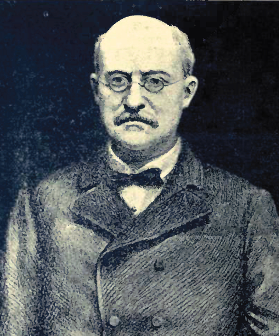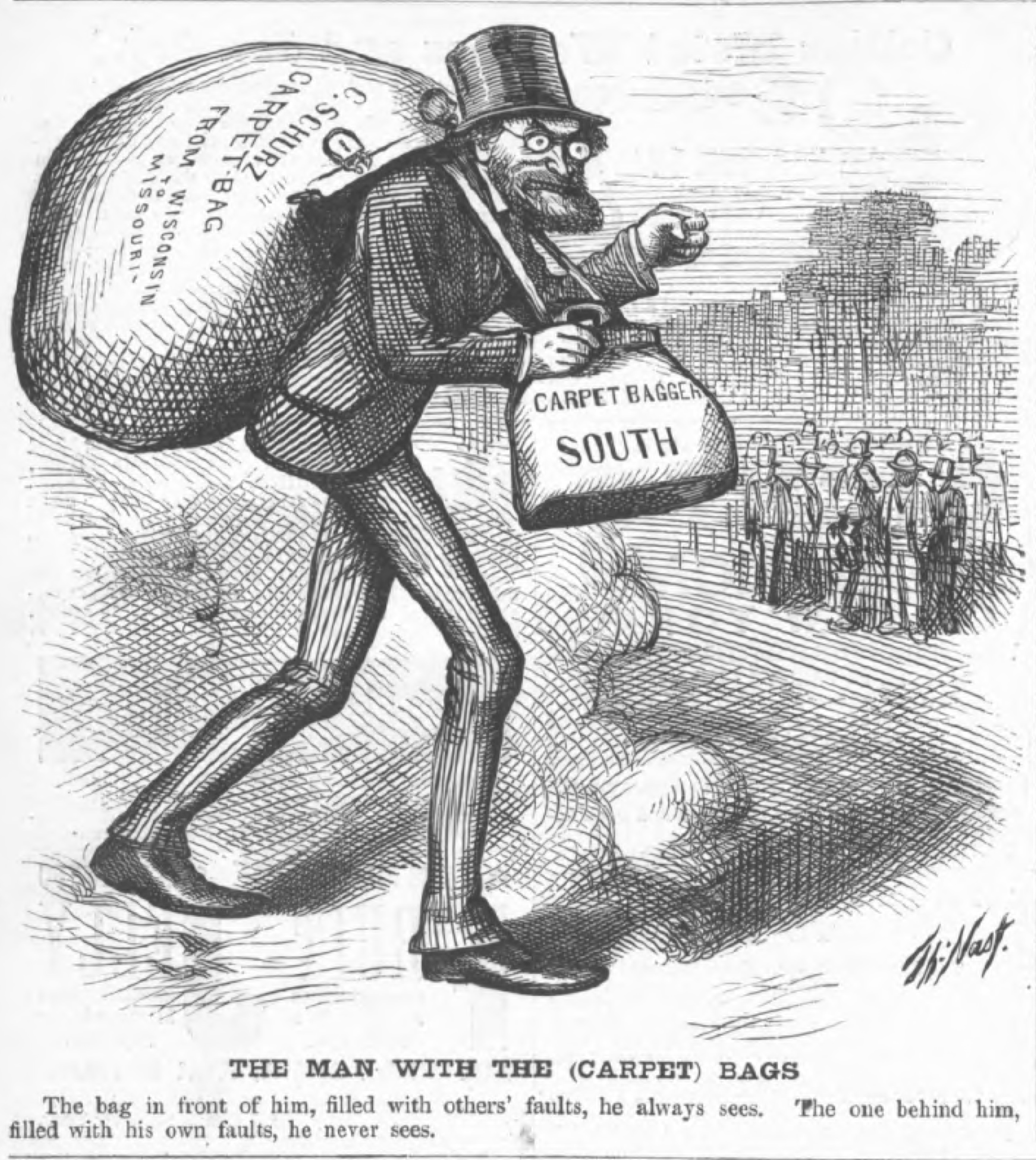 |
| It's all right there in black and white. |
Friend Xerxes has identified Canada’s First Nations as our “Dalits,” the untouchables in our caste system. They are, after all, sequestered away on their sordid reserves without even clean drinking water.
I couldn’t agree more. The current reserve system is exactly what Martin Luther King fought against. It is segregation. Indeed, it is worse than that. It is apartheid.
However, ironically, it is not caused by any hostility or ill-will towards the First Nations, or any desire by the rest of Canadians to make them disappear. The roots of the problem are more complex.
The Liberal government of Pierre Trudeau proposed abolishing the Indian Act and the reserve system in 1969, replacing it with a cash settlement. The chiefs of Alberta rose against it, and Trudeau and Chretien have been criticized for this ever since. The federal government wanted to abolish the residential schools too, as early as 1947. They were more expensive than sending Indian children to ordinary day schools. Here too, the Indian chiefs and band councils opposed it, and fought to keep the schools open until the late sixties.
The problem is, these things are established by treaty; it is not up to the Canadian government. They must have agreement from the chiefs.
Do the chiefs, in consistently opposing integration, represent the interests of the Indians? This is at least debatable. Band councils, designated permanent chiefs with powers to enforce their will, and reserves are all alien to traditional Indian culture. These are things created by the treaties themselves. Before this, individual Indians were more or less autonomous, moved constantly, and joined in groups or separated only for specific purposes.
In recent years, councils and chiefs are at least supposed to be democratically elected. But there is no private enterprise or steady employment on reserve. The band council holds all the money, and is responsible for every aspect of your life. No one is likely to dare to express systematic opposition to whomever is currently in control. Should they lose the next election, or indeed, should they organize to contest it, they are liable to lose their home and their livelihood. It is a situation similar to that in a Communist country; or one too poor to have developed a middle class.
The one presence on a typical reserve able to stand against total control by the band council, around which a political opposition might form, has been the church and its residential schools. This is why the church is under attack by the band councils. It is the last check on their power, the last protection the individual Indian had.
Why are there so often problems with drinking water on reserves? Isn’t this, here as anywhere, primarily the responsibility of local government? Why is this not an indictment of the band council, and the band council system?
One further big problem with the current system is that the chiefs have a vested interest in fomenting bad feelings towards the larger society. This maintains their power, it unites Indians against a supposed common enemy, and it keeps them in thrall on the reserve. Reconciliation can probably never come under the current system.
For Indians, or for the government, it is a Catch-22.
My own solution would be to transform each reserve and each tribe recognized by treaty into a corporation, with each member holding a share. This would better reproduce the Indian tradition, without breaking any treaties. If any member dissented from the tribal management, he could sell his share and leave. Or he could keep and use it as collateral to start his own business.
More in my book, Playing the Indian Card.

















